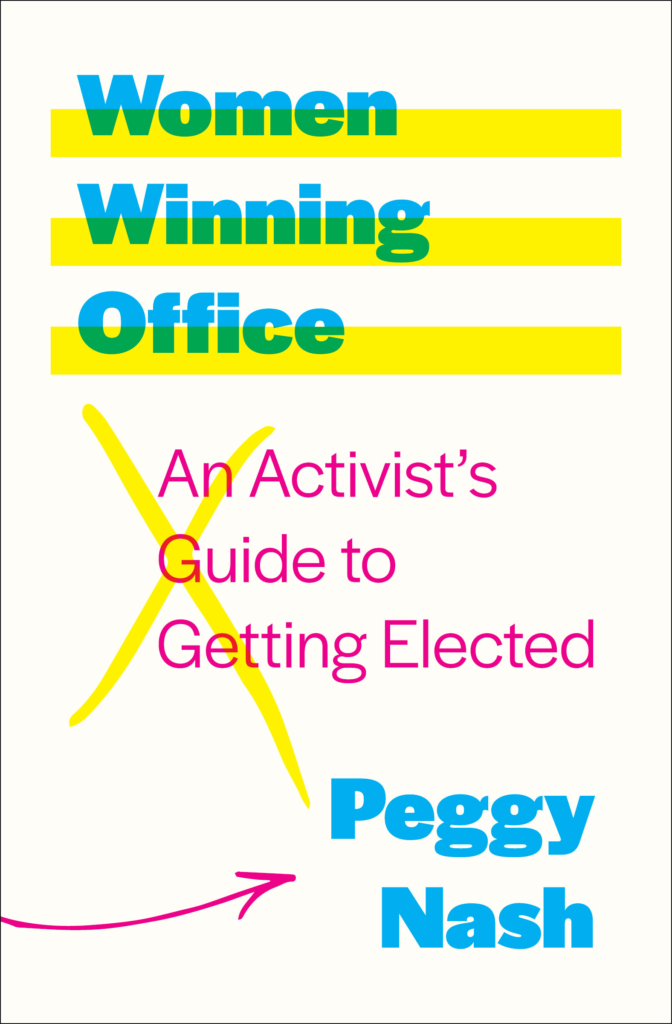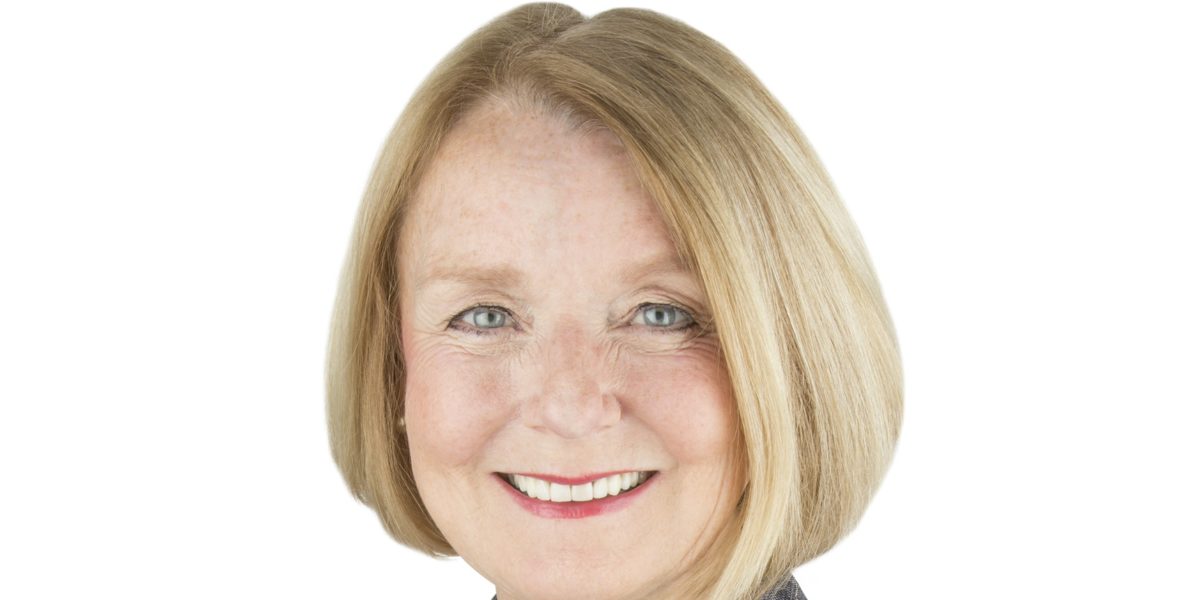MP Leah Gazan stood in the House of Commons on May 4 to challenge the federal government on its lack of implementation of the 231 recommendations from the Missing and Murdered Indigenous Women report, published in 2019. The next day, Crown-Indigenous Relations Minister Marc Miller admitted to reporters “we’re failing as a country” and promised further action.
When I interviewed Gazan for my book, “Women Winning Office: An Activist’s Guide to Getting Elected,” she told me about her motivation for running in the 2019 election.
“I think being born an Indigenous woman in this colonial country is a political act. My very own survival, my very own rights depend on me fighting or not. Even today Indigenous women do not have the same rights as non-Indigenous women in Canada under the Indian Act. It’s not a choice for me.”
I remember in my time as an MP a decade ago, looking up from our caucus meetings in the Centre Block of the House of Commons and seeing the massive painting of “The Fathers of Confederation.” At that time, in the 1860s, women were not elected and didn’t have the right to vote. What a contrast to the Parliament I sat in, with 25 per cent women, exactly 90 years after the first woman was elected.

Of the 76 women MPs, 40 were from our NDP caucus, many of them young and some caucus members, though not many, were Indigenous, Black and racialized. And they were shaking things up, bringing much-needed attention to long-neglected issues.
And yet, entrenched and damaging stereotypes persist. The qualities of a good leader are still believed to be essentially male. Forcefulness with a strong, usually deep voice, taking up physical space, business suit, direct eye contact, forceful gestures, these are some of the traits we associate with leadership.
Women, trans and gender-diverse candidates are often caught in a double bind. Exhibiting “masculine” traits can bring labels of “angry,” “negative” and “confrontational,” while traditionally “feminine” traits such as taking up less space, smiling, a higher-pitched or softer voice, and more conciliatory gestures are considered weak.
The Interparliamentary Union in its annual report this year says women’s electoral progress seems to be stalled globally at 26.1 per cent female parliamentarians. Canada is only slightly above average at 30.5 per cent women, ranking a sad 59th
in the world.
We have never elected a woman prime minister and only two out of 13 provincial and territorial premiers are women. Only 27 per cent of our big-city mayors are women, and while representation can vary, only about 25 per cent of municipal politicians are women.
When I ran for the leadership of the NDP after the death of Jack Layton, several people told me the NDP had tried women leaders and “they didn’t work out.” I wanted to remind them that many male leaders in all parties hadn’t worked out. Gender bias was not the main reason I lost, but I understood it was a factor.
Women are often asked multiple times to run before they decide to do so, whereas men often don’t wait to be asked.
I’ve heard again and again about women who self-select out of running for elected office if they have children, if they speak with an accent, if they are working-class, Indigenous, Black or a single parent. They may believe they don’t have enough experience or that political life is too confrontational or too demanding.
British Columbia MLA Katrina Chen told me she was criticized when she ran for the NDP nomination because she had a young child, even though her male opponent also had a young child about the same age.She says her anger turned into a motivation to make child care universally accessible.
For my book, I interviewed many women who have run for elected office. Some were successful, some not. None regretted the experience and all were eager to recommend it to others. Among their advice: know clearly why you want to run for elected office, see where you best fit as a candidate, build a circle of support, especially if you are a Black, racialized or Indigenous candidate. Create a team that functions well together, start your campaign early and remember to have fun.
Most importantly, do it. Supporting other feminist women is important. MPP Jill Andrew told me that after she gave an International Women’s Day speech titled “We must allow women and girls to be angry,” she was approached by people asking if she’d thought of getting into politics because “You sound like a strong advocate for women and girls. We need your voice.”
The leaked draft of the U.S. Supreme Court decision that would overturn abortion rights is a sad reminder of why we need to fight. There is a backlash to gender diversity and women’s equality. As Ontarians soon head to the polls, let’s keep in mind that it is now more important than ever to elect women with the perspective, the passion and the solutions to the issues we are facing.
Peggy Nash served two terms as an MP and is a senior adviser to the Dean of Arts and the Centre for Labour Management Relations at Toronto Metropolitan University. Her new book, “Women Winning Office: an Activist’s Guide to Getting Elected,” was published in May by Between the Lines.
This article was originally published in the Toronto Star.




